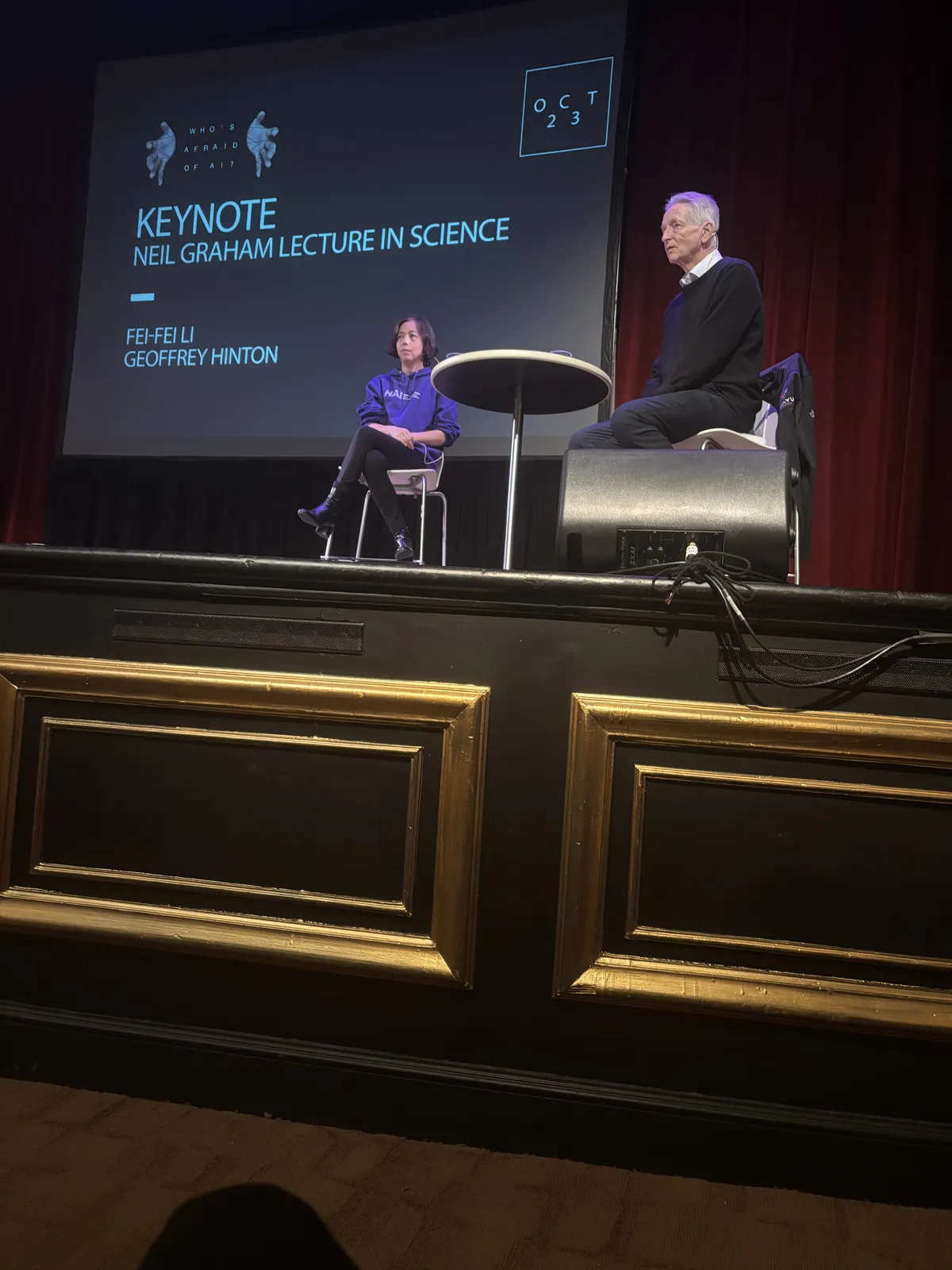Alex or A.I
I have been trying to stop and write about Who’s Afraid of AI and how Fei-Fei and Hinton’s talk was, and also how the words of the artist Memo Akten especially provoked me — in my reading of it, on how we see things and want them to resemble something. This is something incredibly obvious but still magnificent because it makes us very human. And, by the way, that’s how, for example, Generative AI is trained to work: by resembling. So I ask myself: what are resembles, how resembling creates memory, pain or joy?
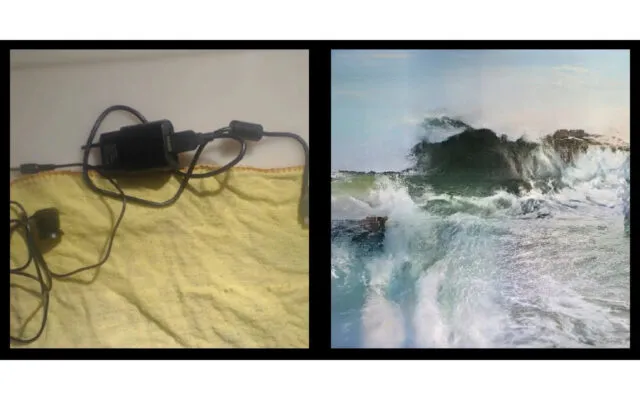
Memo Akten's work. Learning to see: Gloomy Sunday (2017)
I really like to be provoked, I honestly love having my world turned around like all that wind inside my brain, and seeing all the words tremble me, with no resembles feeling.
But mostly, these two days of events didn’t present anything very new; it’s just once again us humans trying to understand a new technology and questioning all over again "who we are" more than "what AI is and how AI is."
And we keep being, shamelessly or not, good and also bad. It’s a human trend, to be human. Why can’t we just learn how to be ethical or benevolent with the environment and others? But no.
And some speakers talked again about new technologies, comparing them to photography and movies, and I add here printing and electricity, etc. — and how it all changed our lives and interactions but mostly activated new ways of feeling-being human. And I ask myself now how all this new media gave artists and writers the opportunity to think about the point of view when writing a story or painting, and so on. ETC!
But I just realized that what happened and was truly amazing was seeing Alex. Funny is that after coming from the washroom through the stairs, I felt we were doing something super incredible and without a name, Alex and I - something that I wanted and want to carry forever: that moment with Alex. She told me how the residency in Paris was, and I could see it all just by imagining. I love traveling stories. And then she pressed play on a video at Vimeo in which she talked and presented her exhibition The Shape of Memory. I had the chance at that moment to have double Alex, one in person, right in front of me, and the Alex from the past in the video, explaining the inspiration from her photographs and her memories from Barbados.
“Photographs tell us memories that we don’t always remember,” she told me. I don’t remember now which Alex told me this, if it came from the video or if it was Alex in front of me. She also spoke about isolation, and I did write in my notebook “the edge of the world,” and this was related to this feeling of being at the edge of the world. She asked me, “Have you ever felt like being at the edge of the world?” And my mind went far, as I wanted badly to be at the edge of the world, but maybe there with Alex, experiencing a sort of mutual comunhão - lacking a word in English here.
Alex mentioned a beach in Brazil, there she also felt at the edge of the world, but in Barbados that’s where many times she felt isolated. And the pictures of the beach, it was Alex’s point of view looking at the whole world, a fair world where things were made and done and arriving late where she lived. But curious enough, it was Alex making the world, doing the world while feeling those things, isolated.
Then we talked more and so much more and created something beautiful, which is part of the world. It’s a moment when two women talk honestly and defy the past and their own edges, and hope, and create for futures. The moment is even more grandiose when there are chips and beer available.
Inputs:
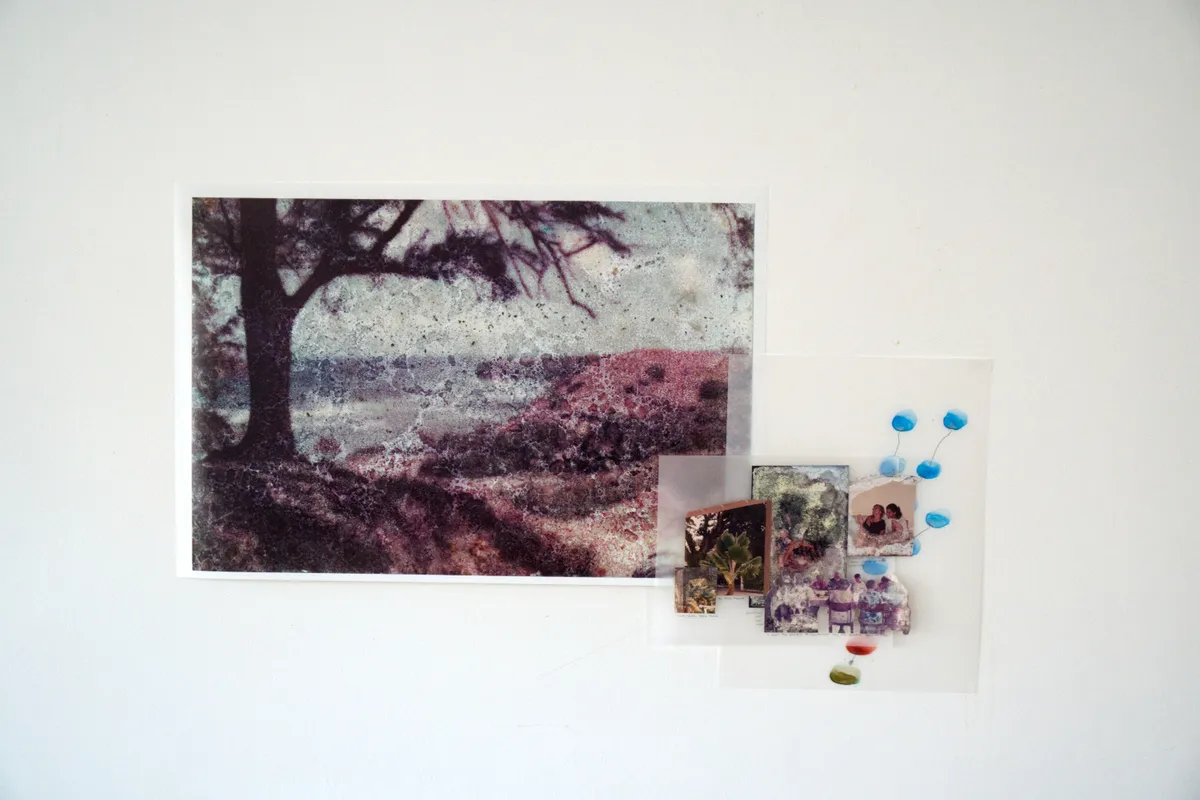
Alexandra Majerus work in The Shape of Memory(2022) https://alexandramajerus.com/The-Shape-of-Memory-4
My favorite cookie
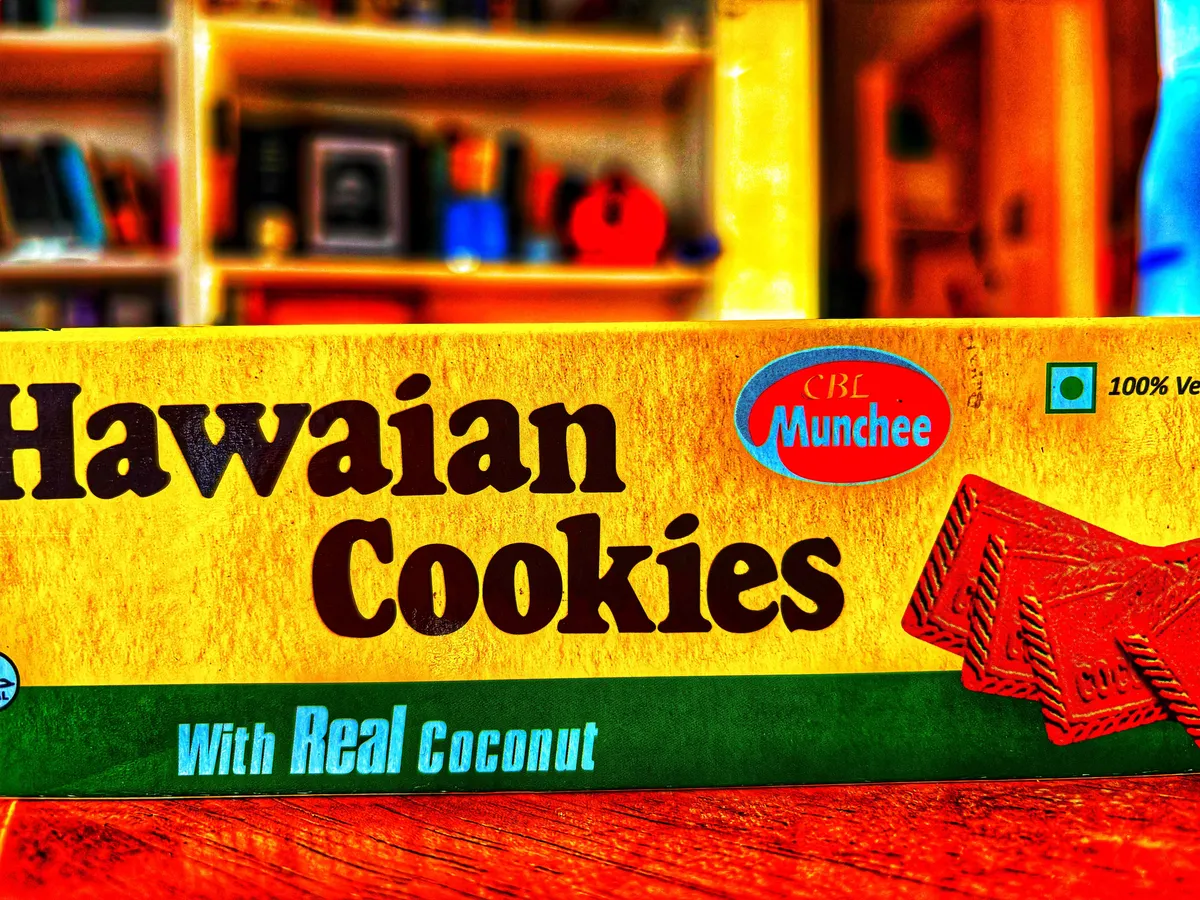
An email I sent to Erik Salvaggio — it’s in the 12,288-dimensional embedding matrix for approximately 205 tokens of my message
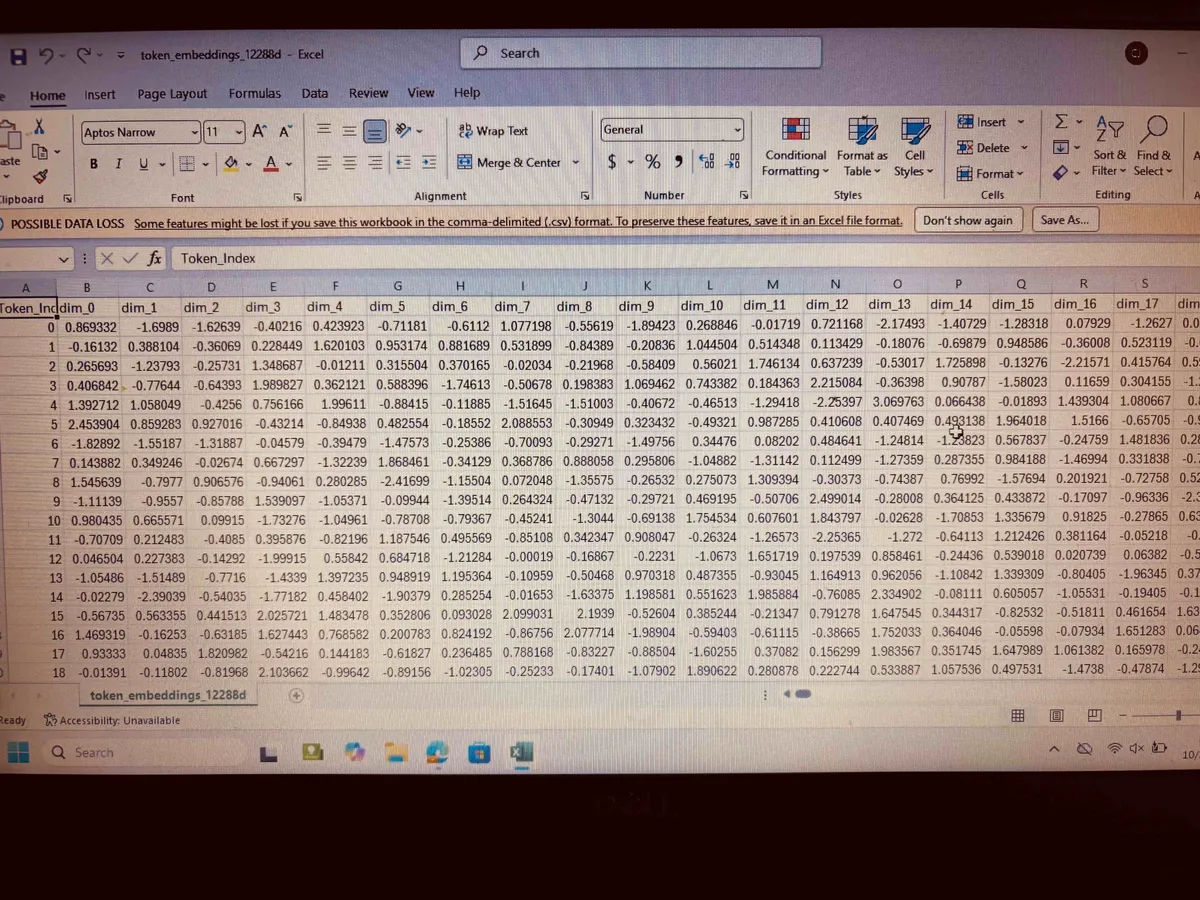
A costume for Halloween that I would like to wear: Delicious Noodles
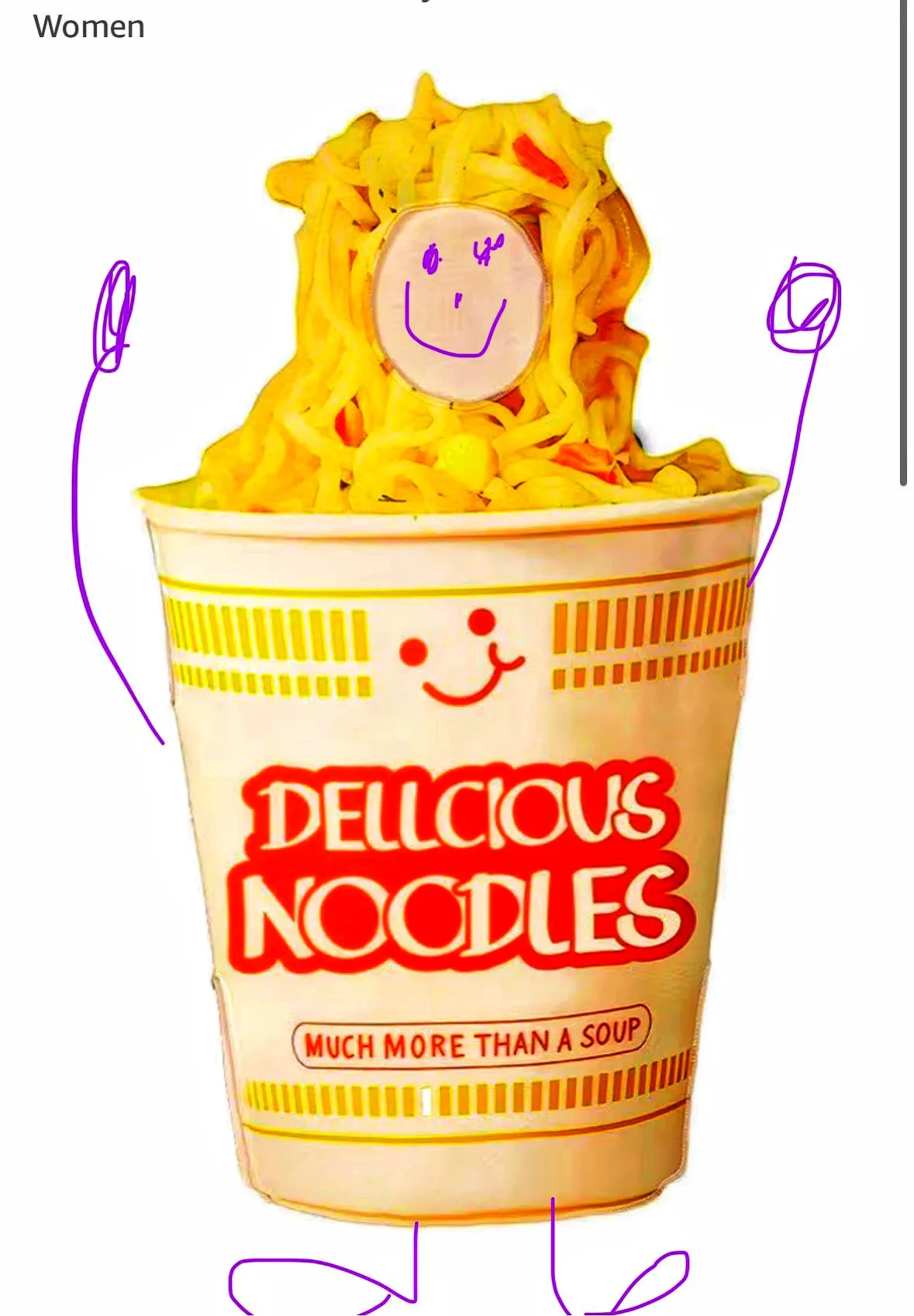
Fefei and Hinton, pov front row.
